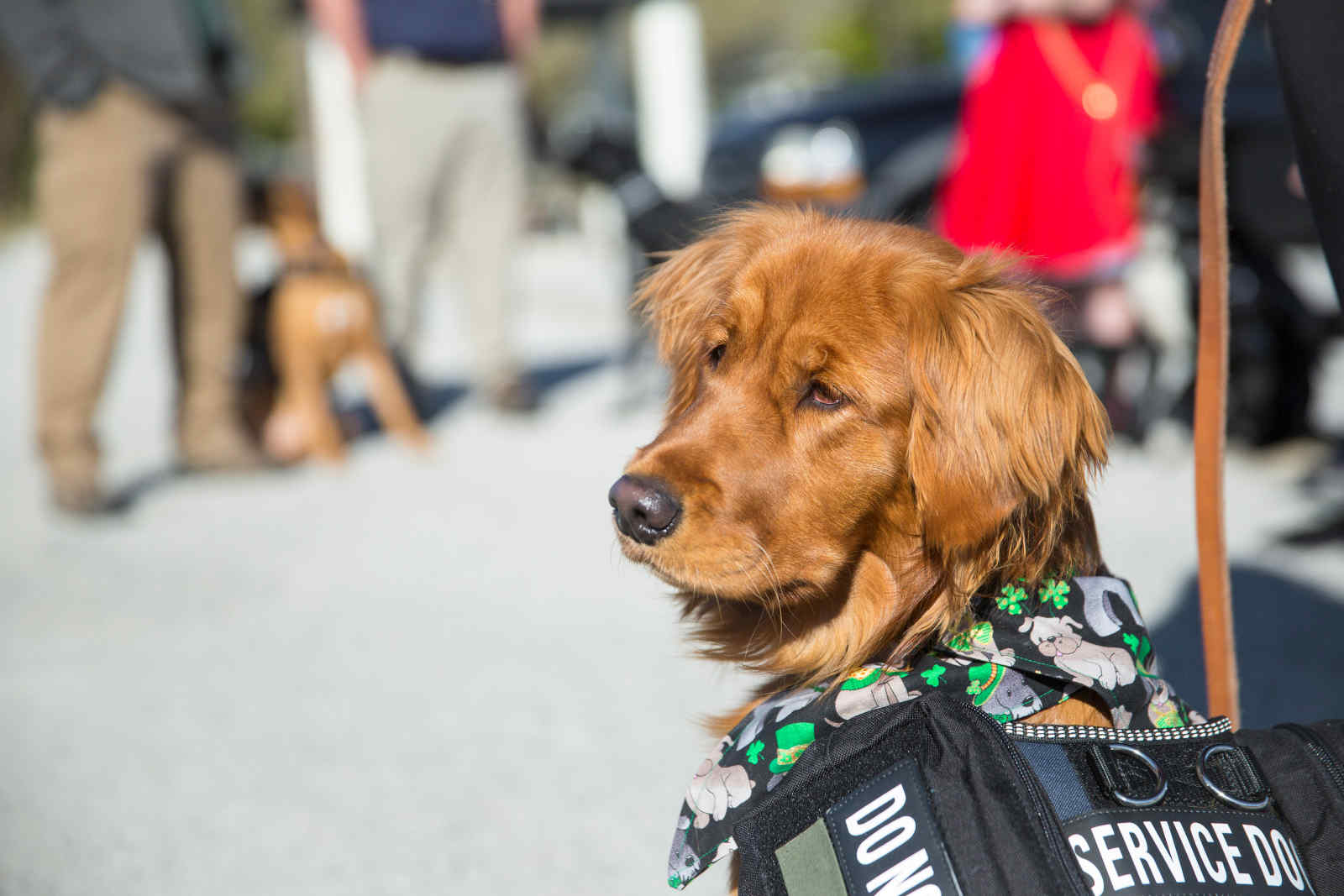
How to Deal With PTSD Anxiety in 5 Healthy Ways
Being a part of a traumatic event or witnessing can lead to post-traumatic stress disorder, which affects your life every day.
Fortunately, there are several healthy ways of therapy to treat PTSD. These strategies can help you cope with anxiety, reduce its intensity, and make it less invasive.

1. Gradual Muscle Relaxation
Reducing stress and anxiety can be achieved by using relaxation exercises. An example of progressive muscle relaxation is a technique where the individual alternately tenses and relaxes different muscles throughout the body. A pendulum is similar to this relaxation technique. If you intensify your muscles first, you will achieve complete relaxation of your muscles.
A symptom of muscle tension (a sign of anxiety) may be treated over time by immediately relaxing after tensing them.

2. Meditation
Even though you may feel like you’re grasping at straws when you consider meditation, it can be a valuable tool during recovery. Meditation has been researched for its potential effect on mental health conditions, such as PTSD. Mindfulness and your ability to overcome whatever is troubling you, whether it is rage, depression, or anxiety, focus on these meditations. The exercises help you regain control over your life – not the disorder.

3. Self-monitoring
Being familiar with your anxiety symptoms can be helpful as we are all creatures of habit. Many things that happen around you go unnoticed because you go about your day unconsciously. While this can be helpful in some situations, it can also create the impression that your emotions and thoughts are completely unpredictable and unmanageable.
If we don’t know what provokes uncomfortable symptoms of anxiety, we can’t address them. Self-monitoring is a simple way to become more aware of these symptoms.

4. Dogs for PTSD
Getting a pet that is specifically trained to recognize and prevent or interrupt the situation. The onset of PTSD symptoms is also effective in helping people cope with PTSD’s disruptive symptoms.
Adopting a trained animal can benefit people, at least in the short term, by reducing depression and anxiety related to PTSD and other symptoms such as nightmares. PTSD symptoms were reduced by 82 percent by spending one week with a specially trained dog.
Veteran Richard Steinberg, who has Post-Traumatic Stress Disorder (PTSD), explains how his dog can sense when he is experiencing nightmares and night sweats. She becomes restless as she tries to catch his attention, removing him from the situation.

5. Distraction
Distraction techniques can help cope with strong emotions and feelings of discomfort, such as anxiety and fear. You can distract yourself from strong emotions by doing anything that temporarily diverts your attention.
It is possible to feel even more out of control when focusing on strong emotions. You may give the feelings a chance to decrease in intensity through temporary distraction, making it easier to handle. You can play some game or talk to someone close to you. It will help you decrease the potential threat of mental illness.







